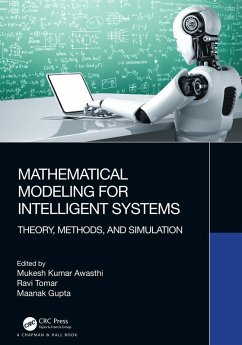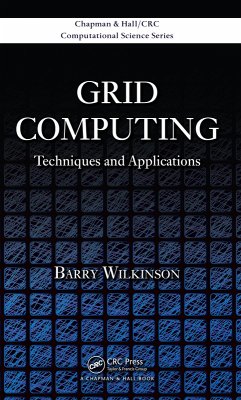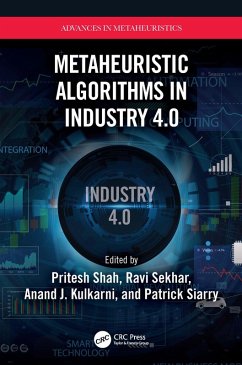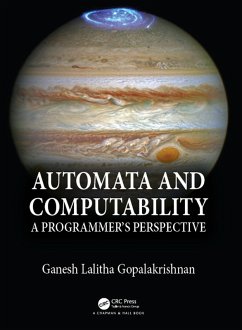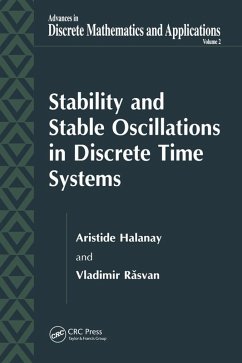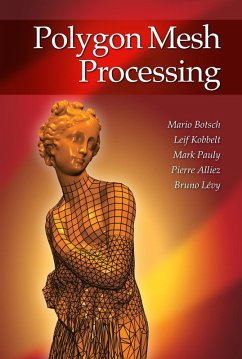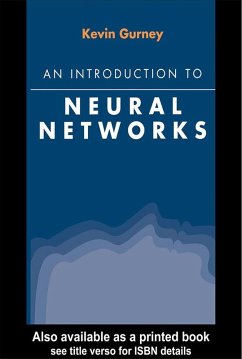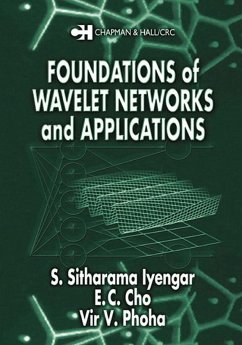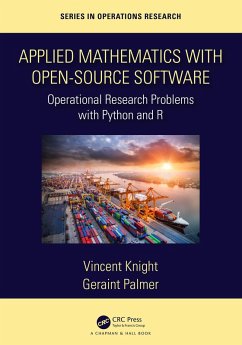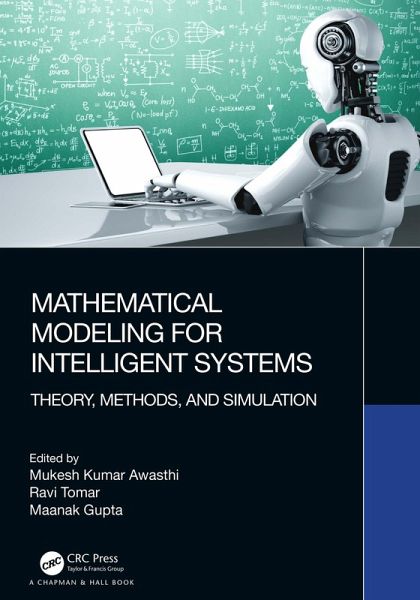
Mathematical Modeling for Intelligent Systems (eBook, ePUB)
Theory, Methods, and Simulation
Redaktion: Awasthi, Mukesh Kumar; Gupta, Maanak; Tomar, Ravi
Versandkostenfrei!
Sofort per Download lieferbar
42,95 €
inkl. MwSt.
Weitere Ausgaben:

PAYBACK Punkte
21 °P sammeln!
Mathematical Modeling for Intelligent Systems: Theory, Methods, and Simulation aims to provide a reference for the applications of mathematical modeling using intelligent techniques in various unique industry problems in the era of Industry 4.0. Providing a thorough introduction to the field of soft-computing techniques, this book covers every major technique in artificial intelligence in a clear and practical style. It also highlights current research and applications, addresses issues encountered in the development of applied systems, and describes a wide range of intelligent systems techniq...
Mathematical Modeling for Intelligent Systems: Theory, Methods, and Simulation aims to provide a reference for the applications of mathematical modeling using intelligent techniques in various unique industry problems in the era of Industry 4.0. Providing a thorough introduction to the field of soft-computing techniques, this book covers every major technique in artificial intelligence in a clear and practical style. It also highlights current research and applications, addresses issues encountered in the development of applied systems, and describes a wide range of intelligent systems techniques, including neural networks, fuzzy logic, evolutionary strategy, and genetic algorithms. This book demonstrates concepts through simulation examples and practical experimental results.
Key Features:
This book is primarily aimed at advanced undergraduates and postgraduate students studying computer science, mathematics, and statistics. Researchers and professionals will also find this book useful.
Key Features:
- Offers a well-balanced mathematical analysis of modeling physical systems
- Summarizes basic principles in differential geometry and convex analysis as needed
- Covers a wide range of industrial and social applications and bridges the gap between core theory and costly experiments through simulations and modeling
- Focuses on manifold ranging from stability of fluid flows, nanofluids, drug delivery, and security of image data to pandemic modeling, etc
This book is primarily aimed at advanced undergraduates and postgraduate students studying computer science, mathematics, and statistics. Researchers and professionals will also find this book useful.
Dieser Download kann aus rechtlichen Gründen nur mit Rechnungsadresse in A, B, BG, CY, CZ, D, DK, EW, E, FIN, F, GR, HR, H, IRL, I, LT, L, LR, M, NL, PL, P, R, S, SLO, SK ausgeliefert werden.




